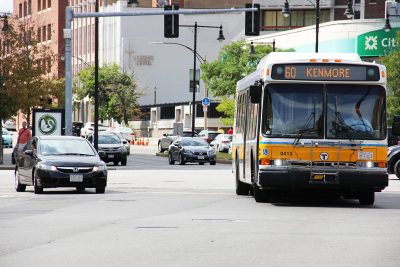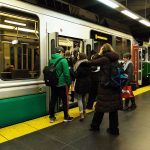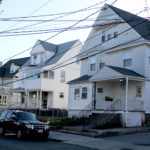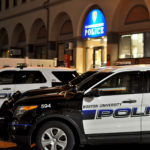
The Massachusetts Bay Transit Authority had the highest bus maintenance costs per hour out of the 25 largest public transit agencies in the United States in 2015, according to a Pioneer Institute report published Friday.
The MBTA’s reported bus maintenance costs were $44.30 per hour in 2015, which is 65.2 percent higher than the national average cost of $26.82, according to the report.
The study also compared the MBTA’s bus maintenance costs to transit authorities in Maryland, Washington, D.C., Southeastern Pennsylvania, Miami and Atlanta. These agencies were determined to be similar to the MBTA by an “automated peer selection process,” according to a press release from Pioneer.
Gregory Sullivan, the research director for the Pioneer Institute and the author of the report, said the MBTA is currently experiencing a “very serious financial crisis.”
“The [MBTA] has a $7 billion maintenance backlog,” Sullivan said. “To put that in perspective, the state has a $2 billion borrowing limit per year.”
Sullivan said the MBTA is overstaffed, which leads to higher maintenance costs.
“If you compare the MBTA to the transit agency in [the] Minneapolis-St. Paul [Area], which has about the same number of buses and the same number of operations a year, they [the MBTA] have close to twice as many employees,” Sullivan said.
In addition to overstaffing, Sullivan said the MBTA has had long-standing issues with mismanagement on various levels, another factor contributing to high costs.
“They don’t have efficiency standards or train performance standards,” Sullivan said.
Sullivan said the MBTA’s Fiscal and Management Control Board is now considering partially outsourcing its bus maintenance services and large scale repairs, which could potentially save up to $26 million every year.
The MBTA is also currently working to save money through other initiatives, Sullivan said.
Brian Shortsleeve, the chief administrator and acting general manager for the MBTA, said in a statement that the report’s findings are consistent with information the MBTA has previously published.
Shortsleeve said since the MBTA recently added hundreds of new buses under warranty, now is the time to increase productivity and save money on maintenance costs. However, even after the addition of these buses, costs of maintenance have been climbing about 7 percent every year.
“The MBTA needs to look at new and better ways to perform bus maintenance while improving the overall reliability of the bus fleet for riders,” Shortsleeve said.
Several Boston residents did not find the report’s results surprising and said the MBTA could improve its service in various areas.
Denise Fortin, 20, of Allston, said while she does not believe the stations and trains are overstaffed, the MBTA has room for improvement.
“I think the use of the money could be more effective to improve the trains,” Fortin said. “The squeaking is very loud. When the weather is bad, it’s not reliable at all either. The green line can be completely done over, especially because it is most of the time packed.”
Tiara Stuckey, 29, of Dorchester, said the report’s findings make sense, and that for the cost of rides, the MBTA does not provide the most reliable service.
“I wish it could be more on time and they could lower the rates,” Stuckey said.
Karen Arntz, 47, of Allston, said she would like to see the MBTA implement late night transportation services again.
“I wish they could bring back the late night services for passengers who need to take the trains after midnight,” Arntz. “They used to have it a couple of times on Friday and Saturday, which was really helpful.”




